Budget 2025: The key points at a glance
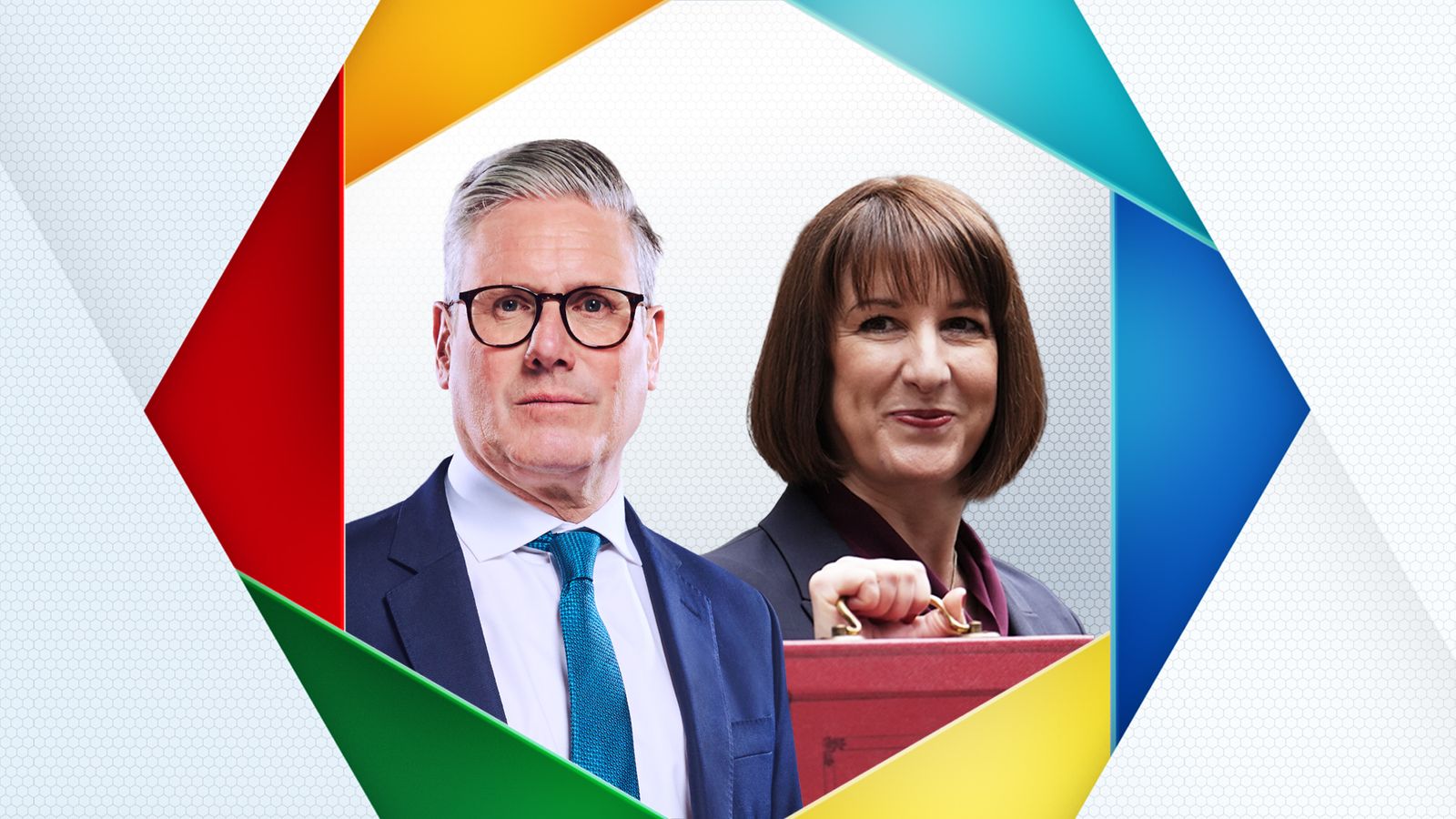
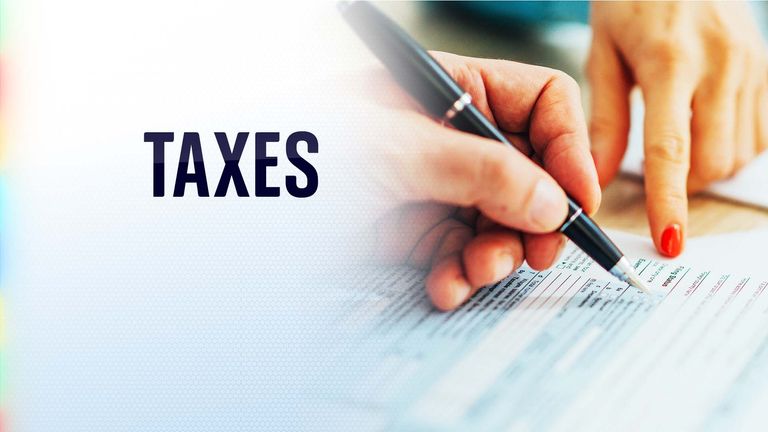
Chancellor Rachel Reeves has unveiled the long-anticipated budget.
It comes after a report from the Office for Budget Responsibility (OBR), which analyses policies decided on by the chancellor, was published early in error.
Here are the key points:
Tax thresholds will be frozen for an additional three years from 2028
The point at which people start paying higher rates of tax will be held. It can mean earners will be dragged into higher tax bands when they get a pay rise.
This will raise £8bn.
Taxes hiked on gambling
The gambling industry is going to be taxed more, to raise more than £1bn.
Remote gaming duty will rise to 40% from 21% while online betting tax will rise from 15% to 25%.
The bingo tax is being abolished from April.
New mileage-tax on electric cars
Electric car drivers will be subject to a 3p charge for every mile they drive.
Plug-in hybrid vehicles will be charged 1.5p per-mile.
This is expected to raise £1.4bn, according to the OBR report.
Change to capital gains tax for employee ownership trusts
Capital gains tax relief on business sales made to employee ownership trusts will be reduced from 100% to 50%.
This is expected to raise £900m.
Other tax hikes
The tax paid on dividends – payments to shareholders – as well as property and savings income will rise 2 percentage points, raising £2.1bn.

Two-child benefit cap scrapped
The government will scrap the two-child benefit cap from April 2026.
This currently limits the amount of benefits parents can claim for their third child or subsequent children who were born after 6 April 2017.
By scrapping the cap, the government hopes an estimated 450,000 children will be lifted out of poverty.
According to the OBR’s analysis of the chancellor’s budget this will cost the government £2.3bn.

Salary-sacrifice pension contributions above £2,000 to face national insurance
From April 2029, national insurance will be charged on salary-sacrificed pension contributions above an annual £2,000 threshold.
This will raise £4.7bn and will come into effect in 2029.
State pension increases
There’ll be an increase of £440 per year for the basic state pension and an increase of £575 per year for the new state pension.

Reforms for cash ISAs
Savers will only be able to put up to £12,000 into cash ISAs tax-free each year. This is reduced from £20,000 in the hopes that Britons will instead put their money into stocks and shares ISAs.
Over 65s can retain the full £20,000 allowance.
Please use Chrome browser for a more accessible video player

0:20
Tax-free cash ISA allowance cut to £12,000
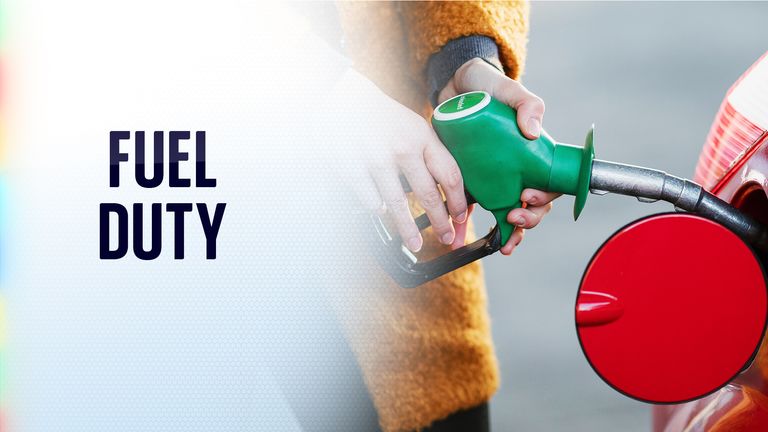
Fuel duty to be frozen until next September
The duty, or tax, paid on diesel and petrol has been frozen at 52.95p per litre.
This will cost the government £2.4bn next year and £900m each year after.

Mansion tax introduced on properties worth more than £2m
It means the most expensive properties in the country, worth more than £2m, will have to pay extra. This will be £2,500 for properties worth £2m to £2.5m and up to £7,500 for homes valued at £5m.
This will raise £400m, the OBR has confirmed.

Cut in energy bills
The average annual energy bill will be cut £150 from April by reducing levies.
The Energy Company Obligation (ECO) scheme, which is designed to tackle fuel poverty and help reduce carbon emissions, will be scrapped.

Luxury cars removed from the Motability scheme
This scheme, which provides subsidies for people with a disability to lease a vehicle, is part of PIP.

Freeze on student loan repayment rate
The student loan repayment threshold will be maintained for three years.
Training for apprentices under-25 free at small companies
A new Youth Guarantee will give £820m towards tyring to guarantee every young person a place in college, an apprenticeship or personalised job support.
After 18 months, 18-to-21 year-olds will be offered paid work instead of benefits.

Wider inheritance tax rules
A change to inheritance tax will allow the transfer of 100% relief allowance between spouses.

Uber and Bolt journeys to be taxed
Journeys taken on ride-hailing apps such as Uber and Bolt will be subject to tax in a measure being described as a taxi tax.
Rail fares frozen
Rail fares will be frozen for the first time in 30 years, with passengers not paying any more for season tickets, peak return and off-peak return tickets between major cities.

Business rate changes
Business rates will be reduced for 750,000 retail, hospitality and leisure properties, which will be funded by an increase on premises worth more than £500,000.
The tax reduction will be paid for by an increase in taxes on properties worth £500,000 or more, like the warehouses used by online giants.

Stamp duty break for companies new to London Stock Exchange
A stamp duty holiday for companies newly listing on the London Stock Exchange will be in place for three years.
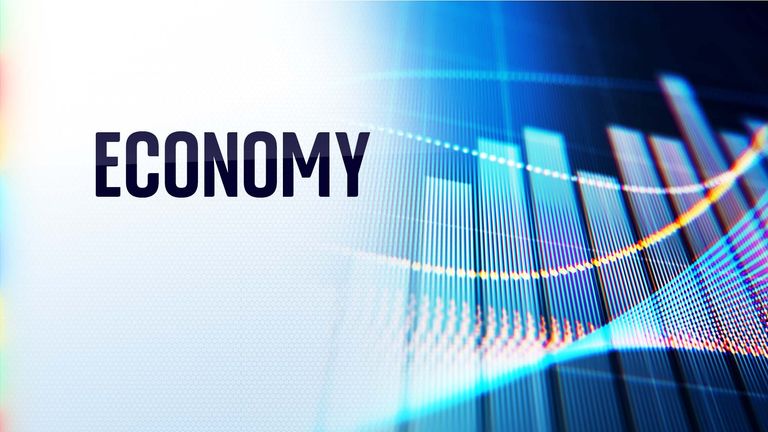
OBR forecast
Next year, economic growth is expected to be lower than the OBR thought in March. GDP will be 1.4% in 2026, down from a previously anticipated 1.9%.
It will be 1.5% for the rest of the decade.
According to the independent forecasters, prices are expected to rise faster than the OBR thought in March due to higher wages and food costs.
Inflation will be 3.5% this year and 2.5% next.
The amount of fiscal headroom the chancellor has doubled to £22bn in 2029-30. This means a £22bn financial cushion against price shocks such as the COVID-19 pandemic and soaring energy costs.
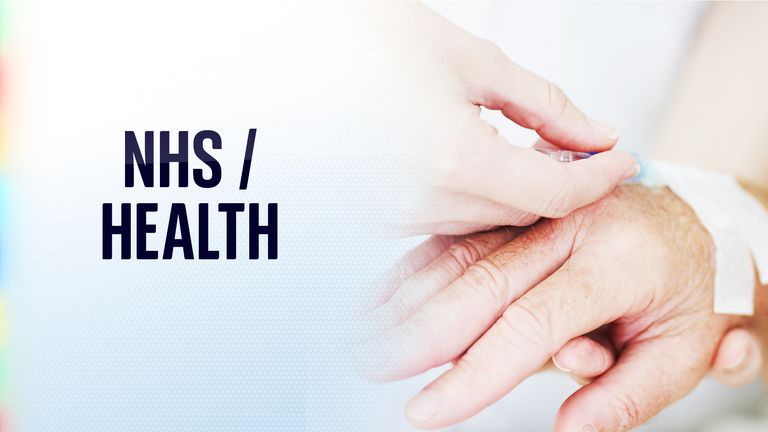
NHS technology and new neighbourhood health centres
The government will invest £300m in NHS technology and 250 new neighbourhood health centres with the aim to expand more services into communities.
Over 100 centres, including in Birmingham, Truro and Southall, are expected to be delivered by 2030.
Prescription costs frozen
The cost of an NHS prescription in England will be frozen at £9.90.

2.6% of GDP to be spent on defence
The government will spend 2.6% of GDP, a measure of everything produced in the economy, on defence.

National wage increases
From next April, the national living wage will rise by 4.1% to £12.71 an hour for eligible workers aged 21 and over.
The national minimum wage rate for 18 to 20-year-olds will increase by 8.5% to £10.85 an hour.
For 16 to 17-year-olds and those on apprenticeships, the national minimum wage will increase by 6% to £8 an hour.
Nations and local mayors
The government of Northern Ireland government will get an additional £317m, £505m for the Welsh government and £820m for the Scottish government.
“Flexible” funding worth £13bn has been pledged for seven regional mayors to invest in skills, business support and infrastructure.